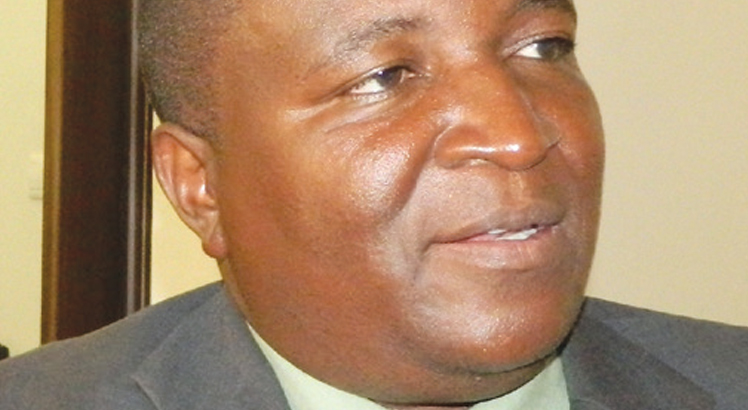Ministry ponders malaria vaccine rollout
The Ministry of Health has said it is working towards securing sponsorship to add malaria vaccine to the National Immunisation Programme following a World Health Organisation (WHO) recommendation of the vaccine last year.
The ministry’s spokesperson Adrian Chikumbe said in an interview they are consulting the Global Alliance for Vaccines and Immunisations (Gavi) for sponsorship.

looking for support
Gavi, the vaccine alliance, is a public-private global health partnership aimed at increasing access to immunisation in poor countries.
Chikumbe said: “Several advisory groups and stakeholders in malaria control and immunisation were consulted and we are excited that they all supported the WHO recommendation.”
In October 2021, WHO approved a malaria vaccine that proved to be effective in the three countries namely Ghana, Kenya and Malawi that the vaccine was under trial. It was discovered that it had an efficacy rate of 39 percent.
WHO director-general Dr. Tedros Adhanom Ghebreyesus stressed that using this vaccine on top of existing tools to prevent malaria could save tens of thousands of young lives each year.
According to the National Malaria Control Programme, while the vaccine was not a magic bullet in itself, it will add on to other efforts such as insecticide-treated net distribution and case management in helping to deal with the disease.
The latest World Malaria report released in December 2021 estimates that there were 241 million malaria cases and 627 000 malaria deaths worldwide in 2020.
This represents about 14 million more cases in 2020 compared to 2019 and 69 000 more deaths.
However, Sub-Saharan Africa continues to carry the heaviest malaria burden, accounting for about 95 percent of all malaria cases and 96 percent of all deaths in 2020. About 80 percent of deaths in the region are among children under the age of five.
Lately, Malawi has witnessed a surge in malaria infections with about 6.9 million cases registered in 2020, up from 5.2 million cases in 2019, representing about 33 percent increase.
During the same period, the number of deaths from the disease increased by at least 200, from 2 300 in 2019 to about 2 500 in 2020.
In 2018, the country also registered a high rate of infection at about seven million with at least 3 000 deaths.
Launching the Zero Malaria Starts with Me Campaign in June this year, which aims at eradicating malaria by 2030, President Lazarus Chakwera said malaria puts pressure on the country’s health system as it counts for 36 percent of out-patients cases and 15 percent of all hospital admissions in the country





